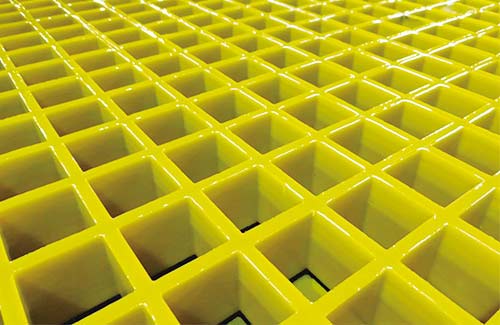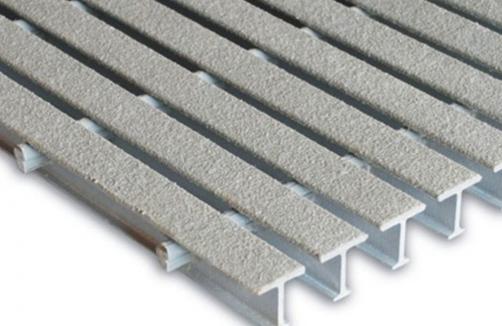Installation et maintenance des cornières en PRFV : Un guide complet
Installation et maintenance des cornières en PRFV : Un guide complet Les cornières en polymère renforcé de fibres (PRF) sont largement utilisées dans la construction, l'ingénierie et les applications industrielles en raison de leur grande solidité, de leur résistance à la corrosion et de leur légèreté. Une installation et un entretien corrects des cornières en PRFV sont essentiels pour garantir leur longévité et leurs performances. Ce guide répond aux questions les plus courantes et fournit une vue d'ensemble des meilleures pratiques d'installation et d'entretien. Que sont les cornières en PRFV et pourquoi sont-elles utilisées ? Les cornières en PRFV sont des matériaux composites fabriqués à partir de fibres de verre et de résines polymères. Elles offrent un rapport résistance/poids supérieur, ce qui les rend idéales pour renforcer les structures, réparer le béton endommagé et créer des composants durables et résistants à la corrosion. Contrairement aux cornières en acier traditionnelles, les cornières en PRFV ne rouillent pas, ce qui les rend adaptées aux environnements difficiles tels que les milieux marins, chimiques et industriels. Principaux avantages des cornières en PRFV : Haute résistance et durabilité - Les cornières en PRFV peuvent résister à de lourdes charges et aux contraintes environnementales. Résistance à la corrosion - Idéales pour l'eau salée, l'exposition aux produits chimiques et les environnements acides. Légèreté - Réduit la charge structurelle sans compromettre la résistance. Facilité d'installation - Peut être installé avec un minimum d'outils et de préparation. Questions courantes sur l'installation des cornières en PRFV 1. Comment préparer l'installation des cornières en PRFV ? Avant d'installer les cornières en PRFV, il faut s'assurer que la surface est propre et sèche,

